Blogo
-
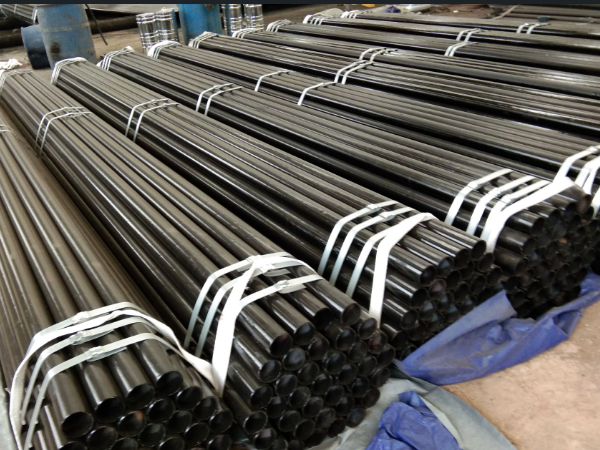
Kvalitaj difektoj de senjuntaj truitaj kapilaraj tuboj
Propraĵoj pri administrado de ŝtalo: mekanikaj propraĵoj de normala temperaturo, mekanikaj propraĵoj de alta temperaturo, propraĵoj de malalta temperaturo, rezisto al korodo. La fizikaj kaj kemiaj propraĵoj de pipoj plejparte dependas de la kemia konsisto de la ŝtalo, la organiza strukturo kaj la pureco de la ŝtalo, same kiel la varmotraktadmetodo de la pipo.Legu pli -
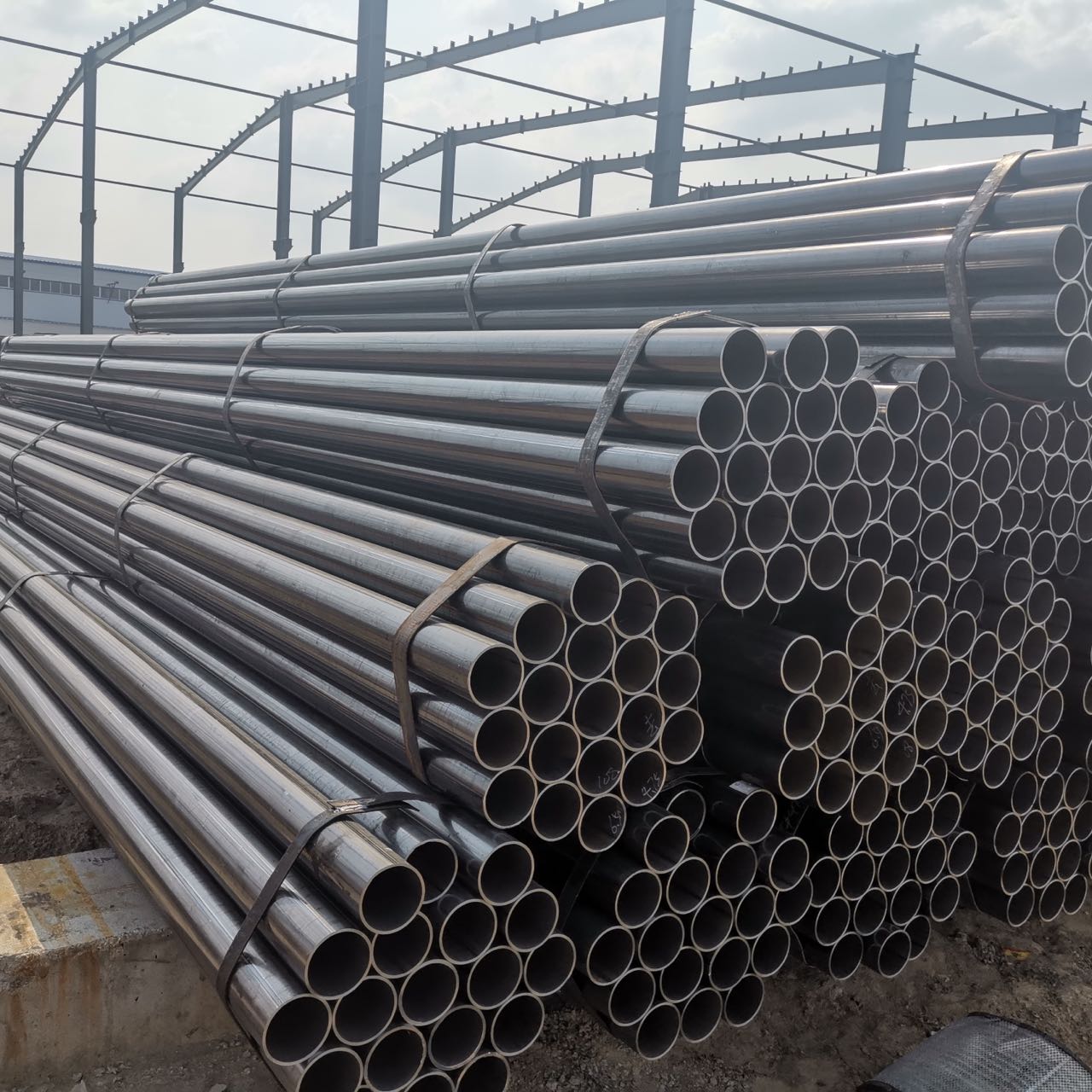
Komparo de pentraj metodoj por karbonŝtalaj tuboj
Karbonŝtala pipo-pentrado rilatas al aplikado de tavolo de farbo sur la surfaco de la ŝtalo per brosado, ŝprucado ktp por fari la ŝtalpipon pli bela aŭ pliigi protekton. Tegaĵo povas esti uzata en konstrua inĝenierado, aŭto-riparo, hejma ornamado kaj aliaj kampoj. La surfaco de la objekto devas esti plene purigita kaj tajlita antaŭ pentrado por certigi, ke la tegaĵo povas firme aliĝi al la surfaco de la objekto.Legu pli -
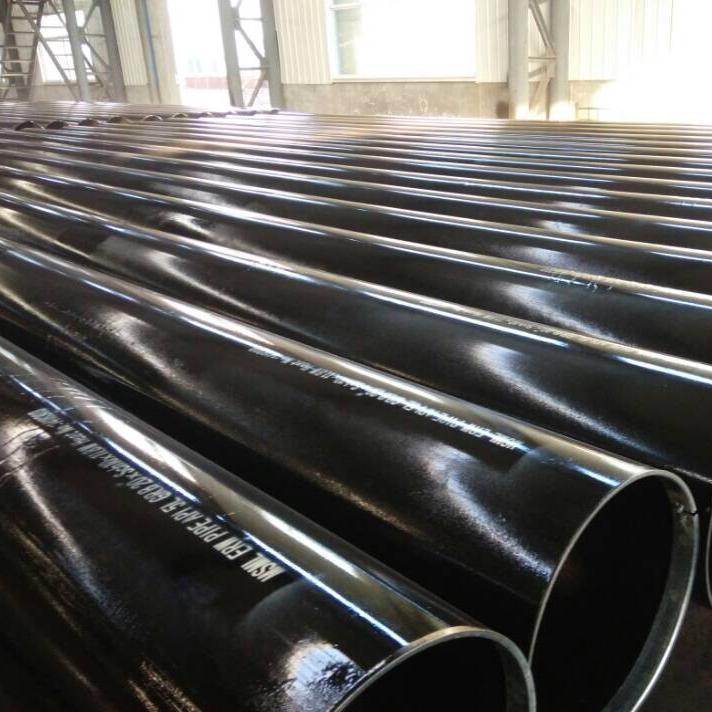
Enkonduko al la gradoj de nigraj ŝtalaj tuboj
Nigra ŝtala tubo estas ofte uzata en diversaj industriaj aplikoj, inkluzive de duktoj, konstruaj kaj infrastrukturaj projektoj. Komparante Grado A kaj Grado B nigra ŝtalo tubo, estas grave konsideri iliajn diferencojn en kemia komponado, mekanikaj propraĵoj kaj specifaj aplikoj.Legu pli -
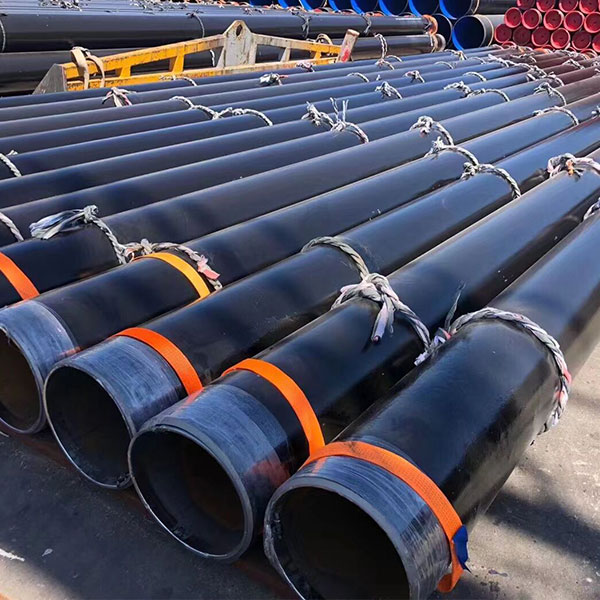
What are the ERW pipe making machines?
The ERW pipe forming unit initially adopted the chain drawing method. Later the United States created roll molding. The structure of the primary roll forming device is a cross arrangement of flat rolls and vertical rolls, and is mainly used to produce small diameter ERW welded pipes. After continuous improvement, the forming arrangement was changed to the form of flat, vertical roller + vertical roller group, the pipe diameter was developed from small diameter to medium diameter, and high-frequency welding was adopted. It is generally called a small and medium-sized roller forming welded pipe unit. Later, it was further developed into the row and roll type.Legu pli -
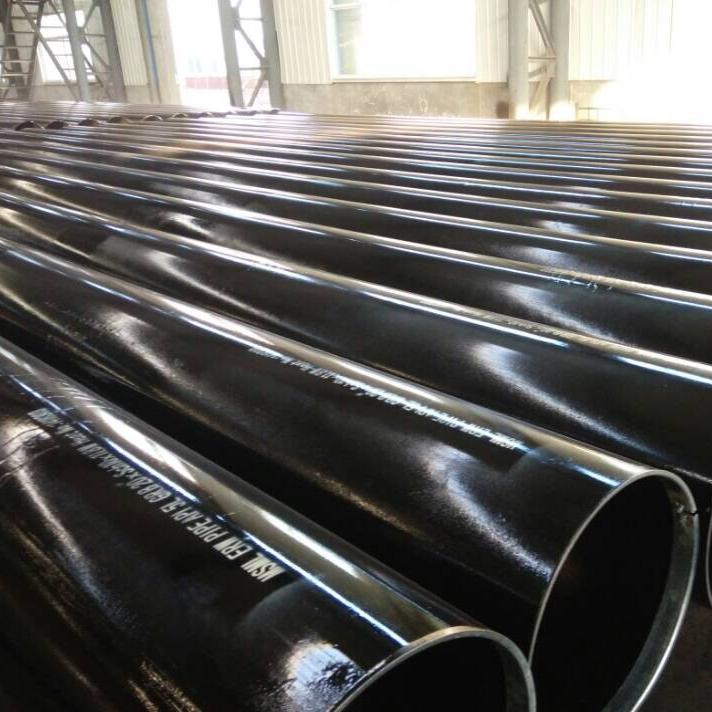
Acceptance standards for large diameter steel pipes
Large-diameter steel pipes (such as spiral welded pipes) are pipe products mainly used to transport liquids, gases, solids and other substances, and are usually made of steel. These pipes are commonly used in construction, petrochemical, industry, water supply, heating and other fields. The following is some relevant information about large diameter welded pipes:Legu pli -
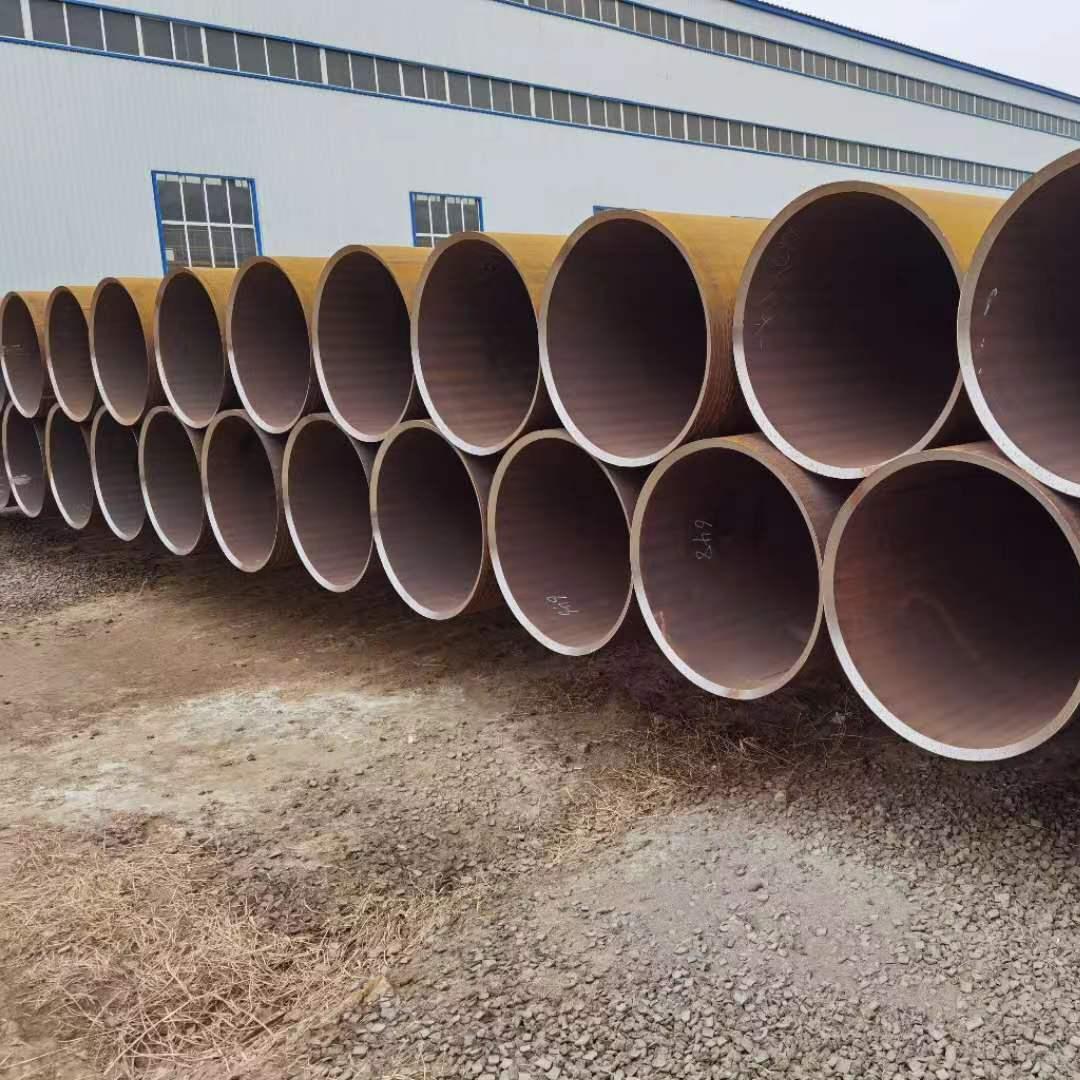
How to prevent leakage of hydraulic tubes?
Hydraulic tubes are basically divided into fluid pipes and petroleum steel pipes used in hydraulic systems, also known as honing pipes. Cold-drawn or cold-rolled seamless steel pipes also include hydraulic steel pipes.Legu pli -
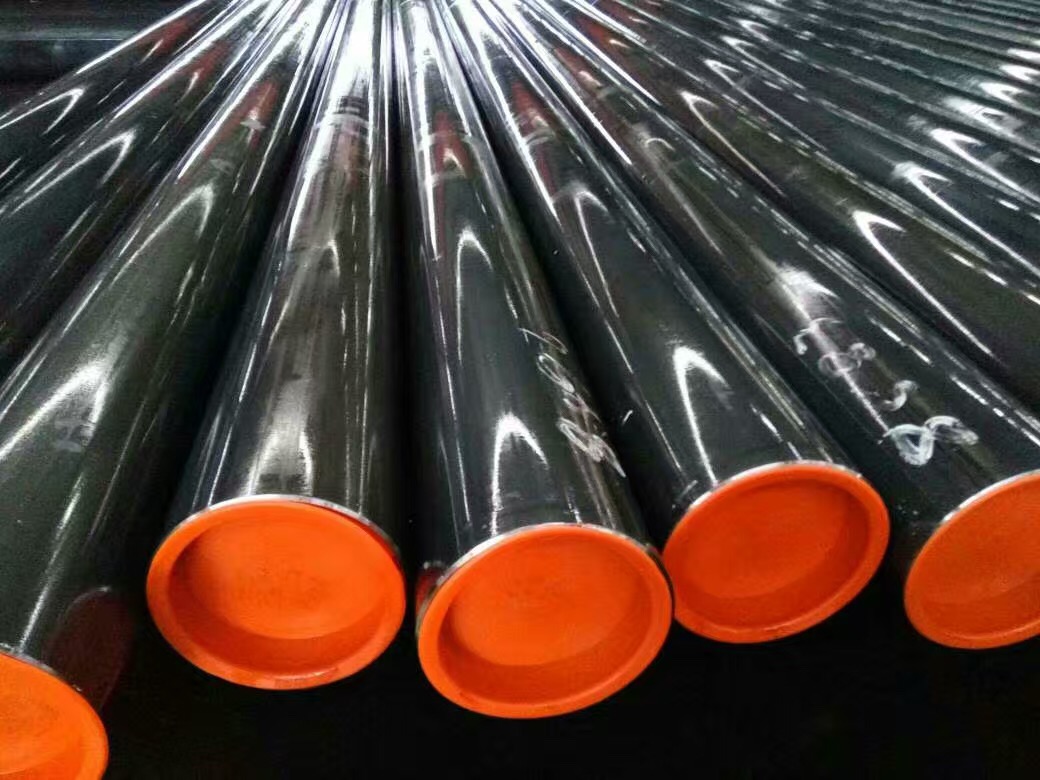
Kio estas la prilaborado de senjuntaj tuboj?
Por kompreni kiom da milimetroj la prilaborado de senjuntaj tuboj ĝenerale restas, vi unue devas kompreni la dimensian tolereman gamon de la produkto mem. La dimensia toleremo de produkto rilatas al la alleblas devia gamo de la reala grandeco de la produkto.Legu pli -
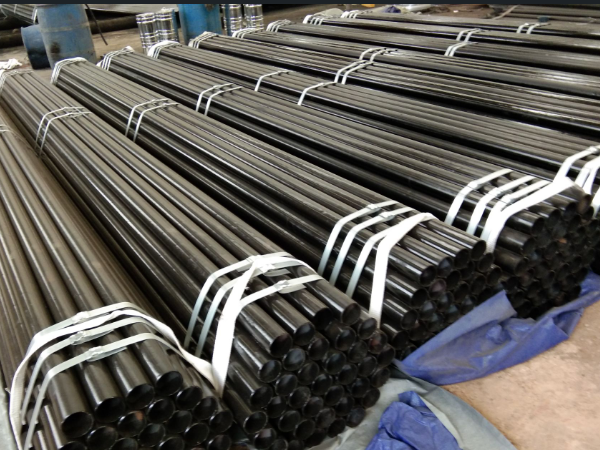
Tensile strength of stainless steel seamless pipes
There are many factors that affect the drawing force during the drawing process of stainless steel seamless pipes. According to research, some of these factors are beneficial to the drawing process. Conversely, other factors can make stretching more difficult.Legu pli -
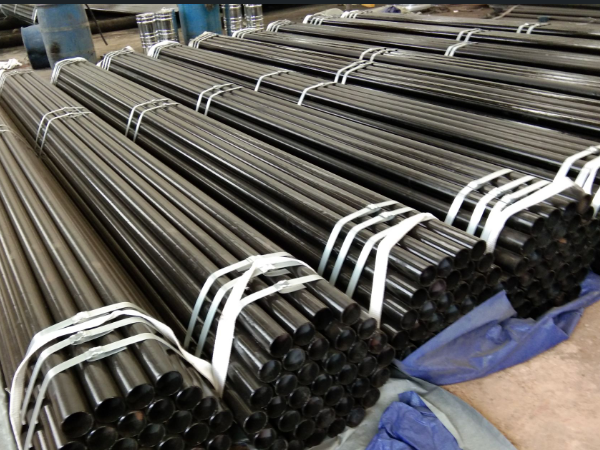
Cast iron pipe vs Carbon steel pipe
Carbon steel pipes & tubes also called CS pipes, are made of steel ingots or solid round steels through perforation into capillary tubes, which are then hot-rolled, cold-rolled or cold-drawn. Carbon steel pipe plays an important role in my country's steel pipe industry.Legu pli